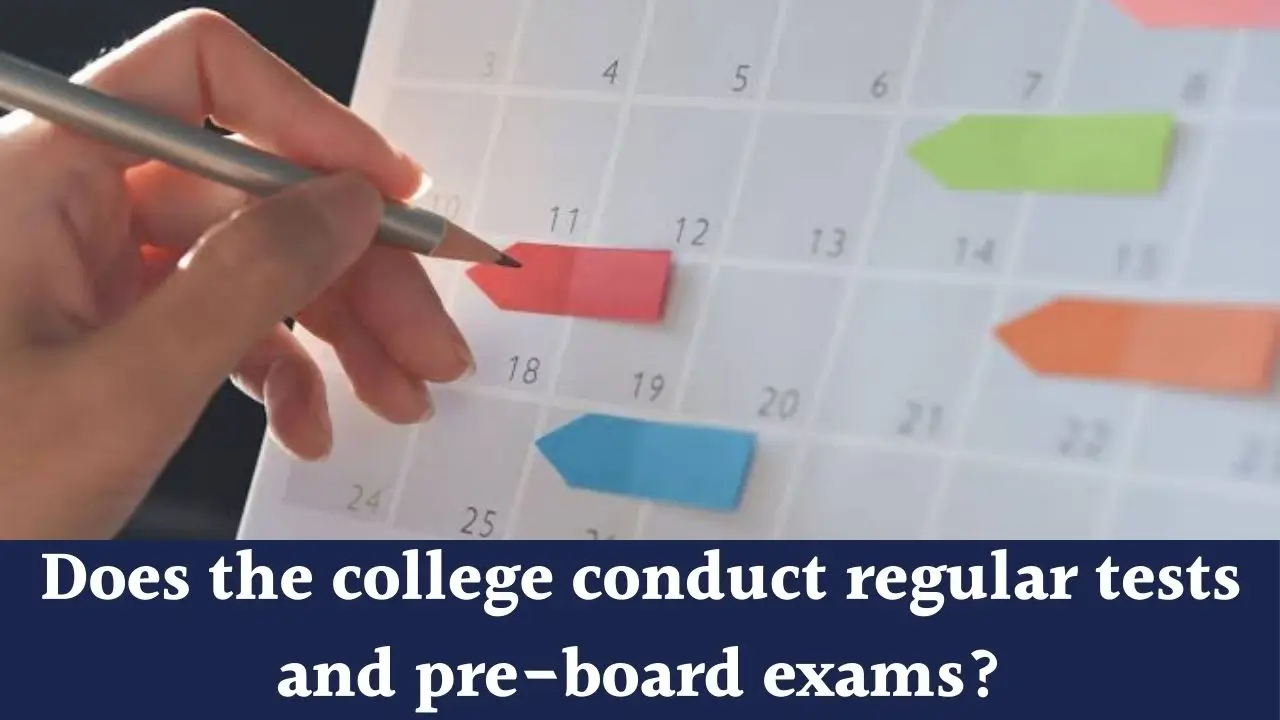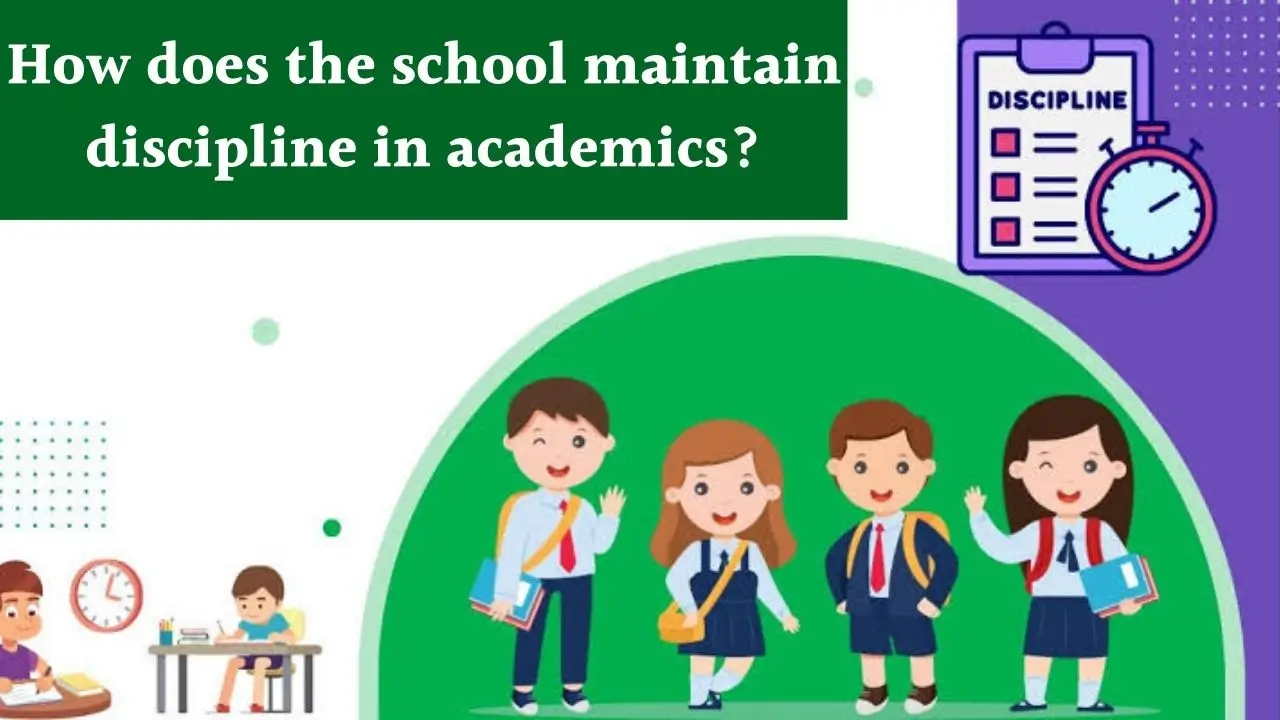Education plays a foundational role in shaping the future of students. Every academic institution works within a fixed academic calendar that decides the starting and closing of classes, examination schedules, and holiday breaks. Madan Mohan Malviya Inter College, one of the renowned institutions in Uttar Pradesh, also follows a structured academic schedule prescribed broadly by the state education board. Knowing the exact starting period of the academic session helps students, parents, and teachers prepare well in advance.
Overview of the Academic Session
The academic session refers to the year-long schedule of teaching and learning activities beginning with admissions and class commencements and concluding with final examinations and result declarations. At Madan Mohan Malviya Inter College, like most institutions affiliated with the state education board, the academic session follows the guidelines of the Uttar Pradesh Madhyamik Shiksha Parishad (UP Board).
Usual Starting Time for the New Session
The academic session at Madan Mohan Malviya Inter College generally begins in the month of April every year.
- Session Duration: April to March of the following year
- Beginning of Classes: First or second week of April (varies slightly each year depending on holidays, board examination schedules, and administrative instructions)
- End of Session: March of the next calendar year, after the completion of final exams and declaration of results
Table Showing the Academic Cycle
| Stage of Academic Cycle | Typical Time Period (Approx.) | Key Highlights |
|---|---|---|
| New Admissions & Enrollment | March – Early April | Admission process, fee deposit, allotment of streams for higher classes |
| Commencement of Classes | April | Classes begin with orientation and timetable distribution |
| First Unit Tests/Initial Assessments | June – July | Short tests to check learning progress after summer break |
| Half-Yearly Examinations | September – October | Major internal assessment with detailed syllabus coverage |
| Winter Break (if applicable) | December – January | Short holidays during peak winter (varies by state rules) |
| Pre-Board Examinations (for classes X & XII) | January – February | Preparatory exams for board-class students |
| Final/Annual Examinations | February – March | Culmination of the full year’s academic learning |
| Completion of Session & Declaration of Results | March – April | Results declared, admissions for the next session begin |
Admission Timeline
- Admissions for Class VI & IX generally open in March before the session begins.
- Admissions for Class XI commence after Class X Board Exam results are declared (usually in May or June).
- Stream allocation (Science, Commerce, Humanities) depends on marks obtained in the Class X board examinations.
Key Features of the College’s Session Plan
- Structured Term Examinations: The college ensures at least two main assessments—half-yearly and final exams, apart from regular unit tests.
- Board Exam Preparation: For Classes X and XII, significant time is dedicated from September onwards for board-related preparations.
- Inclusive Activities: Beyond academics, the session also includes cultural programs, sports competitions, and extracurricular activities strategically placed between main assessments to keep students engaged.
Importance of Knowing the Academic Session Dates
Students and parents benefit greatly from having prior knowledge of the academic session schedule:
- Smooth Admissions: Avoiding rush during last-minute admissions.
- Timely Preparation: Planning studies and resource collection in advance.
- Avoiding Academic Gaps: Students joining from other schools adapt better if they are enrolled in April itself.
- Proper Exam Readiness: Understanding the span of the entire academic session motivates better planning for half-yearly and final exams.
Bullet Point Summary of Session Highlights
- New session starts every year in April.
- Admissions for new students begin in March.
- Academic year runs from April to March.
- Major examinations: Half-yearly in September-October and Final/Annual in February-March.
- Pre-board exams for Classes X and XII in January-February.
- Extracurricular and co-curricular activities planned throughout the year.
Latest Updates for Recent Sessions
- Push for Early Start: Recent departmental circulars have emphasized a timely start to ensure the syllabus is completed before board exams. Hence, schools including Madan Mohan Malviya Inter College aim to strictly begin classes from the first week of April without delays.
- Summer Vacations: The month of June is usually designated for long summer vacations, after which classes resume in July.
- Digital Learning Support: Blended learning methods are being integrated into the academic session to ensure no loss of study time during unexpected closures or health emergencies.
- Special Focus on Practical Exams: For senior classes, practical exams are scheduled in January-February, before the written examinations.
Challenges in Session Management
Although the academic year has a fixed start period, unexpected situations sometimes alter the schedule:
- Board Examination Delays: Since Madan Mohan Malviya Inter College is affiliated with the UP Board, delays in board exam schedules can affect the session start.
- Weather or Health Emergencies: Natural calamities, extreme weather, or health-related disruptions such as epidemics may lead to temporary changes.
- Government Notifications: From time to time, state education authorities release circulars revising school reopening or holiday schedules.
Role of Teachers and Parents
The efficiency of the academic year depends not only on the calendar but also on the effort put in by teachers and parents:
- Teachers plan lesson delivery according to the set timetables to ensure full syllabus completion before exams.
- Parents help students maintain discipline in attendance from the first month of the session, preventing backlog in studies.
Conclusion
The academic session at Madan Mohan Malviya Inter College reliably begins in April each year and runs through to March of the following year, in alignment with the UP Board academic calendar. Admissions are generally held in March, ensuring that students can join classes on time. With examinations spaced across the year and a strong emphasis on extracurricular activities, this structured schedule ensures holistic development.
Being aware of this timeline is essential for parents and students to prepare adequately for admissions, studies, and examinations. Despite occasional variations due to statewide decisions or unforeseen circumstances, the April start of the session remains a consistent tradition of the institution.



















